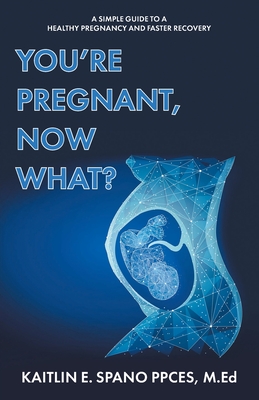
description
egacy of their foremothers--the childbirth wisdom developed over the ages, throughout the world, by women in cultures other than our own. Author Judith Goldsmith set out to recover what came before the high-tech practices of modern medicine. Now, for today's mothers, she conveys the customs, practices, and lore passed from woman to woman in the world's traditional societies. Here are remarkable stories of pregnancy, childbirth, and nurturing--the Japanese woman who knows she is pregnant by the increased strength of her pulse..the Tiv mother who delivers her child in a specially constructed birth chair...the Ibo woman lovingly massaging her newborn according to an ancient procedure. In her examination of nearly 500 cultures, the author found pregnancy to be a time of excellent physical and mental health, often with an emphasis on physical activity throughout pregnancy to facilitate delivery. In Uganda, for example, a pregnant woman works in the fields until contractions begin and occasionally lifts a moderately heavy burden--a waterpot or bundle of firewood--to stimulate and shorten labor. Among the Tlinget of Alaska, as in many traditional societies, labor lasts no longer than two or three hours. Many tribal peoples, including the Negritos of the Philippines, are able to diagnose and correct a breech birth through the technique of massage. And for the Siriono of Bolivia, childbirth is a joyful public event. Childbirth Wisdom will fascinate both the layperson and the professional. The author's observations--on such topics as diet and prenatal care, midwifery, massage during delivery, birth position, and breast-feeding--are certain to affect permanently the way we all view pregnancy and childbirth, and add a new dimension to the theories of Lamaze and Leboyer.
member goods
No member items were found under this heading.
Return Policy
All sales are final
Shipping
No special shipping considerations available.
Shipping fees determined at checkout.







